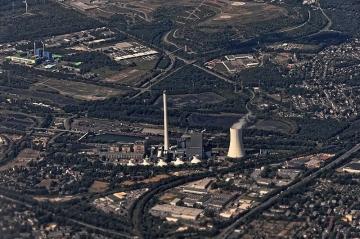Research project
Project-Leader: Prof. Dr. Rüdiger Graf
Within the DFG Priority Program on “Experience and Expectation: Historical Foundations of Economic Behavior,” the project analyzes the importance of economic expertise for environmental policy-making. It focuses on the Federal Republic of Germany but also reflects the inter- and transnational entanglements of environmental policy. Focusing on regulatory strategies, the project will ask how the relationship between economic instruments, laws and sanctions, educational measures and behavioral strategies, which have recently been labelled as “nudges”, changed in the last third of the twentieth century. Two sub-projects will examine the work of the expert councils on the environment and the strategies to influence environmental behavior, especially energy consumption:
Laura Kaiser, PhD Project 1: Economic Expertise and Environmental Regulation in West German since the 1970s
Thomas Lettang, PhD Project 2: Regulating energy consumption in the Federal Republic of Germany, 1970-2000

